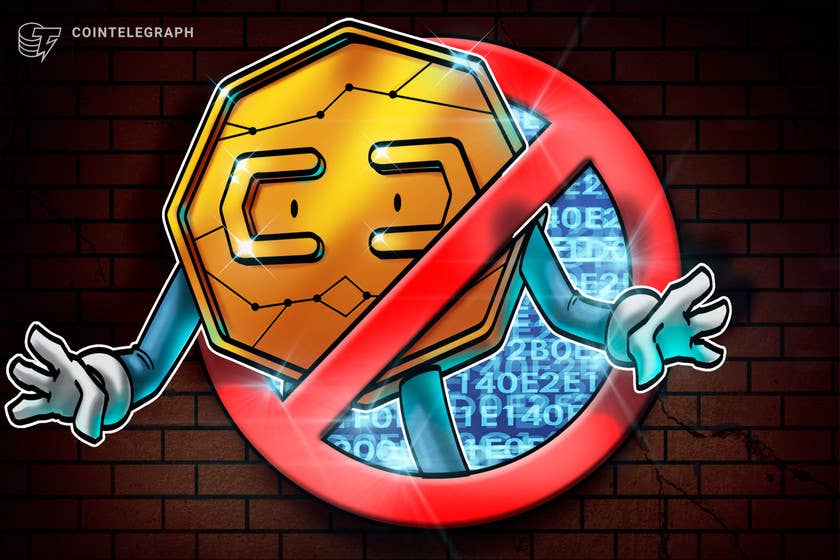The self-regulatory Japan Virtual Currency Exchange Association (JVCEA) plans to stricten its customer asset management measures. The Japan Times outlet reported this news Sunday, September 30, citing “informed sources.”
JVCEA is a self-regulatory group of some of the largest licensed exchange operators in Japan, established in April of this year. Now, the organization is reportedly planning to tighten its rules by establishing a limit on the amount of digital currencies that can be managed online by any exchange.
According to The Japan Times’ sources, the limit will likely be set at around 10 to 20 percent of customer deposits. JVCEA is reportedly in the process of revising its rules, originally formulated in July, after which they will be presented for certification to Japan’s Financial Services Agency (FSA).
Crypto exchanges normally store most of their customers’ crypto assets offline on cold storage wallets. However, a certain amount of cryptocurrency is usually stored on a hot wallet that is connected to the Internet, making it vulnerable to potential hacker attacks. JVCEA’s new rules will limit the share of digital assets that can be stored this way by the organization’s member exchanges.
The push for stricter self-regulation comes after the recent hack of a Japanese crypto exchange Zaif that has lost 6.7 billion yen ($59.7 million) worth of crypto assets belonging to both the company and its customers.
Zaif’s hack took place after an even larger case earlier this year, when hackers attacked a Japanese crypto exchange Coincheck, managing to get away with $523 million worth of NEM coins. The stolen crypto assets were also reportedly stored on “low security” hot wallets.
The FSA has launched an investigation shortly after the hack of Zaif, intending to verify whether the company will be able to cover customers’ losses.








